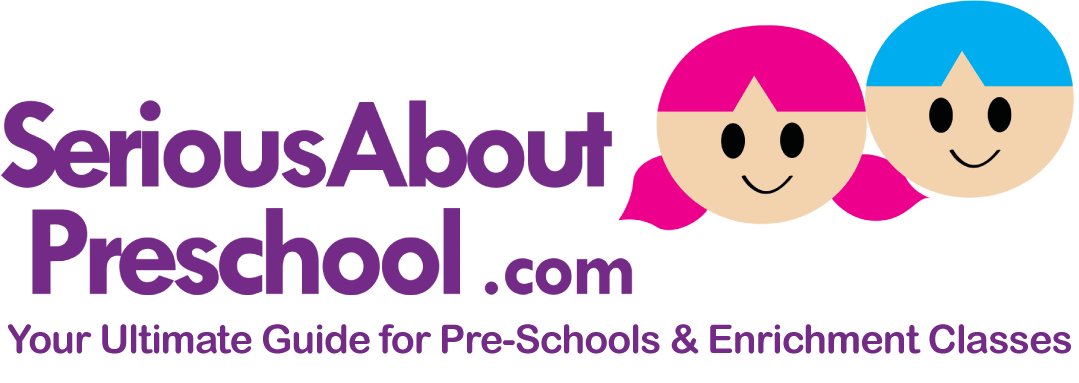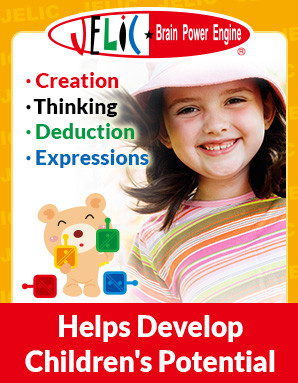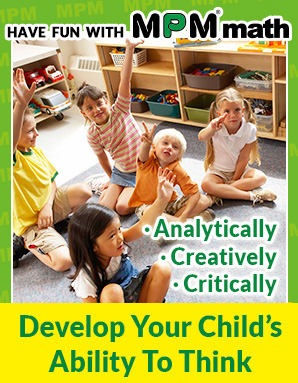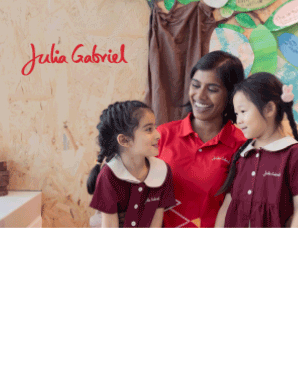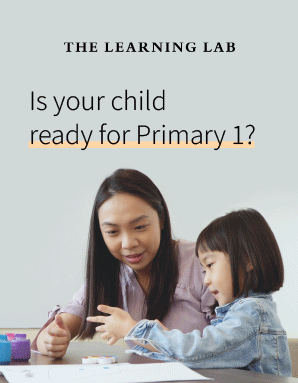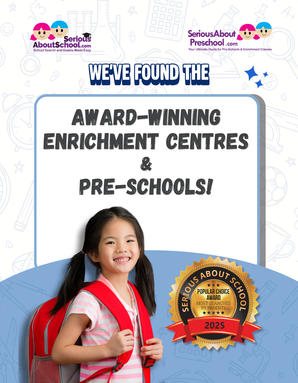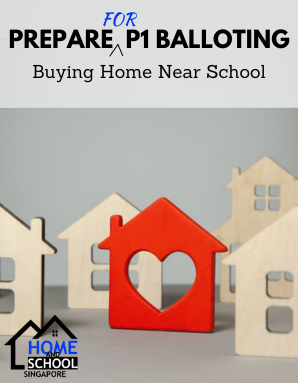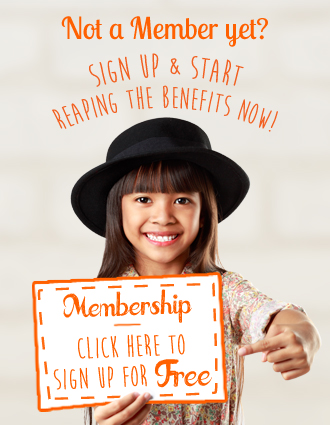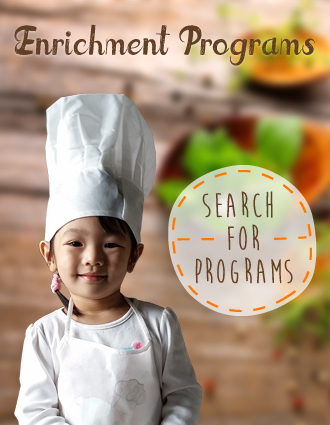Preparing for Kindergarten
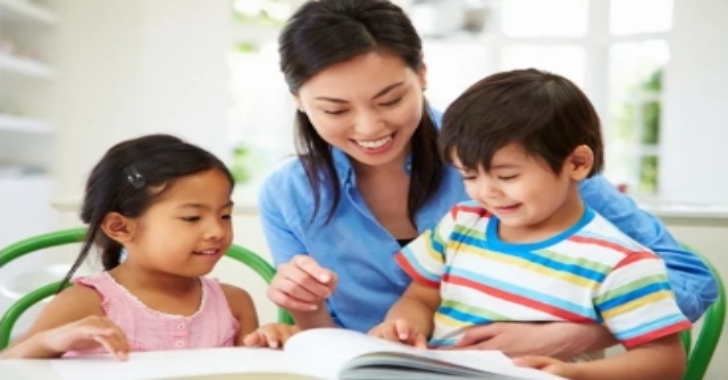
Remember, every child grows at their own pace, so tailor activities to match your child's abilities and interests.
School readiness skills and activities.
It marks a significant moment when it's time for your preschoolers to be ready for kindergarten. As parents and caregivers, it makes sense that you would want to make sure your child moves into this new stage with confidence and excitement. But how are we going to support their learning journey? In this article, we'll look at some of the school-ready skills and explore some engaging activities that not only promote academic success but also create a passion for learning. It's important to keep in mind that you and your child should enjoy and feel stress-free during the preparation phase.
1. Literacy and Language Skills:
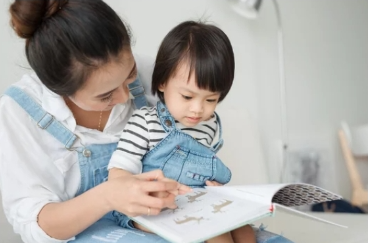
One of the main components of kindergarten preparedness is literacy. Regular book reading will develop a child's love of language. As you read aloud to your child, make connections between written and spoken words by pointing to words. Play easy phonics games to learn letter sounds and basic sight word recognition. Talking with your child improves their language abilities as well, which is important for kindergarten readiness as it fosters the capacity to articulate ideas and comprehend directions.
2. Comprehension and Numeracy Skills:
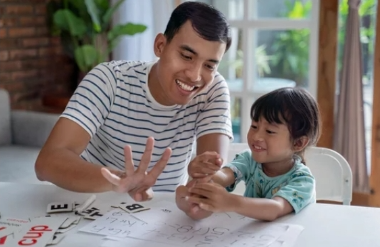
In kindergarten, basic numeracy skills lay the foundation for mathematical comprehension. Use commonplace activities to introduce counting, such as counting fingers, toys, or steps. Practice identifying basic shapes and numbers. Play memory games, solve puzzles, and take part in activities that improve focus and memory to strengthen cognitive abilities. Having a solid foundation in these abilities facilitates a seamless transition to kindergarten's arithmetic-focused activities.
3. Fine Motor and Writing Skills:
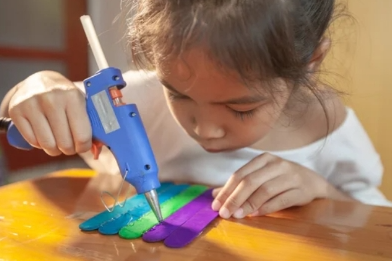
Fine motor abilities are required for tasks such as holding a pencil and manipulating small objects, both of which are commonly used in kindergarten. Promote hand-muscle-building activities like coloring, cutting using kid-safe scissors, and sketching. Let your child trace letters and shapes to begin teaching them the fundamentals of writing. These exercises improve hand-eye coordination and get kids ready for kindergarten writing assignments.
4. Social and Emotional Development:
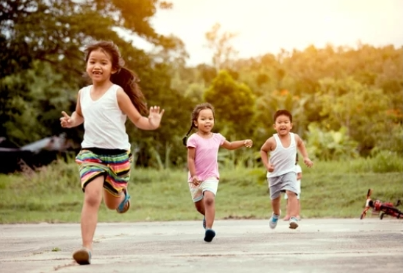
Attending kindergarten is not only an academic endeavour but also a place for toddlers to gain social and emotional experience. You may start to cultivate excellent social interaction activities at home or within the community, such as planning playdates with neighbours or cousins, promoting sharing during festive seasons, and practising taking turns or queuing up when bringing them out for weekend activities. In order to get children ready for the cooperative and encouraging atmosphere of kindergarten, reinforce good conduct and dispute resolution techniques.
5. Independence and Self-Help Skills:
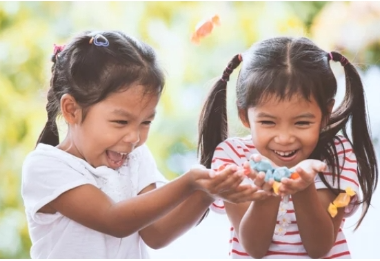
Toddlers learn social and emotional skills in kindergarten in addition to receiving academic instruction. Excellent social interaction practices can be developed at home or in the neighbourhood by organising playdates with neighbours or cousins, encouraging sharing during holidays, and having them practise taking turns or forming lines for weekend activities. Encourage good behaviour and teach kids how to handle conflicts positively to get them ready for the friendly and supportive vibe of kindergarten.
Remember, every child grows at their own pace, so tailor activities to match your child's abilities and interests. Kids who have a strong foundation in these areas are more prepared for the exciting adventures of formal education once they step into kindergarten.




